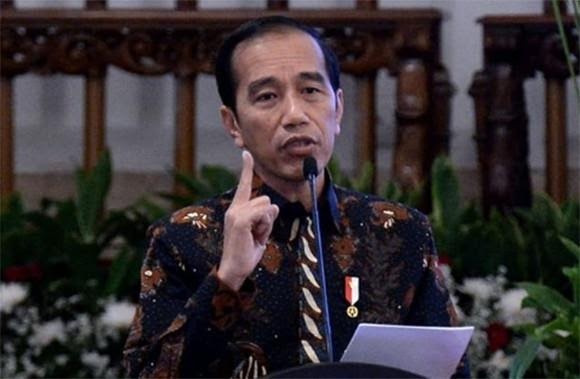Author: Jun Honna
Affiliation: Ritsumeikan University, Japan
Organization/Publisher: The Asia-Pacific Journal
Date/Place: August 1, 2020/ Japan
Type of Literature: Journal Article
Number of Pages: 10
Link: https://apjjf.org/-Jun-Honna/5439/article.pdf
Keywords: Indonesia, Covid-19, Civil-Military Relations
Brief:
After the end of the 32 year-long rule of President Suharto in 1998, the military in Indonesia came under severe political pressure and adopted a policy of “back-to-barracks.” In the post-Suharto era, most of the civilian institutions that had been headed by military officials have been transferred to civilian officials. According to 2018 statistics, more than 500 military officials became jobless because of these measures taken by government. Indonesia is the country with the highest number of fatalities due to COVID-19 in South-East Asia. The government has failed to implement standard operating procedures (SOPs) and public precautionary measures; it has therefore asked the military for assistance. Current Army chief, General Andika Perkasa, who has close links with the presidency, has initiated the military assistance by appointing army officials to a national task force headed by Lt.Gen. Doni Munardo, former commander of the army special forces. According to the article, the ground forces of Indonesia have manipulated the counter-COVID-19 strategy by making it highly militarized; the former commander attended a taskforce meeting in his military uniform, despite the taskforce and related agency being civilian organizations. Accordingly, the strength gained by national police under the presidency of President Joko Widodo have partially been reversed by military expertise and coordination in post-Corona Indonesia. The article concludes that exploitation of the pandemic and institutionalization of counter COVID-19 strategy has public approval. Meanwhile, senior military officials continue to receive appointments to key positions to stabilize the inter-institutional harmony under the cover of the current scenario.
By: Muhammad Taimoor Bin Tanveer, CIGA Senior Research Associate




